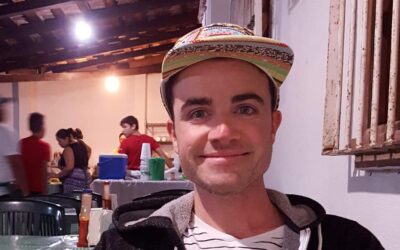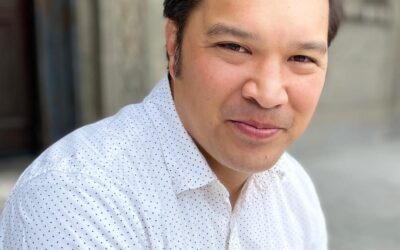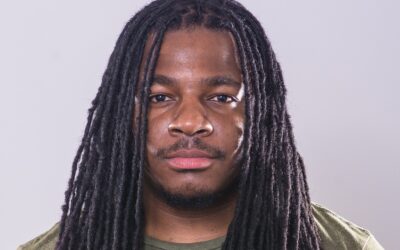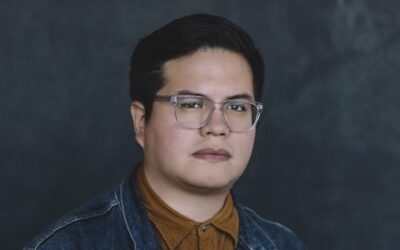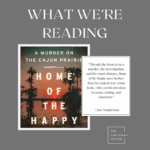miCRo: “Thirty-Five-Year-Old Man Shares Joint near Harbor of Gay Resort Town” by John Bonanni
In “Thirty-Five-Year-Old Man Shares Joint near Harbor of Gay Resort Town,” John Bonanni brings to vivid, queasy life the discomfort of loving a place you know well but don’t belong to—the discomfort of the ethical vacationer.
miCRo: “Incongruous States of Dress” by Emilee Prado
Touching becomes steam, wax, and citrus in Emilee Prado’s “Incongruous States of Dress.”
miCRo: “Poem as Manananggal Always Looking for the Moon” by Albert Abonado
In Albert Abonado’s “Poem as Manananggal Always Looking for the Moon,” the mythical creature is reimagined as a poem that “arrives at night / its lower half hidden // on an empty school bus / or perhaps a sinkhole // the city ignored despite the petitions.”
miCRo: “Dyke Litany” by Elizabeth Lindsey Rogers
In Elizabeth Lindsey Rogers’s “Dyke Litany,” queer adolescent isolation transforms into a collective experience.
miCRo: “Steel beneath Your Chin” by Christopher Notarnicola
Time slows, and space contracts to the tip of a knife in Christopher Notarnicola’s fraught examination of authority, order, and dignity.
miCRo: “What Don’t Kill You” by Darius Simpson
At the beginning of Darius Simpson’s “What Don’t Kill You” is a heartbreaking pair of shoes in Akron, Ohio.
miCRo: “Trespassing” by Jaclyn Gilbert
The notion of trespass becomes seductive in Jaclyn Gilbert’s story “Trespassing.”
miCRo: “Rune” by Doug Ramspeck
In the deep winter, a boy discovers a landscape filled with ghosts and symbols.
miCRo: “The Great Bear” by Sebastián H. Páramo
Sebastián H. Páramo’s “The Great Bear” opens with today’s changing, deconstructing landscape—the result of climate change.
miCRo: “The Runners” by Natan Last
A jog through Bed-Stuy becomes much more in Natan Last’s “The Runners.”
miCRo: “I Am Often Reminded That I Am Here to Help People” by Joshua Gottlieb-Miller
Bosses and shoppers inspire Joshua Gottlieb-Miller’s meditation on work and purpose.
miCRo: “Spring Semester” by Amy M. Alvarez
Amy M. Alvarez’s “Spring Semester,” set at the beginning of a school day, opens with a sense of newness: the season, the day, and a teenager’s new red leather jacket.

